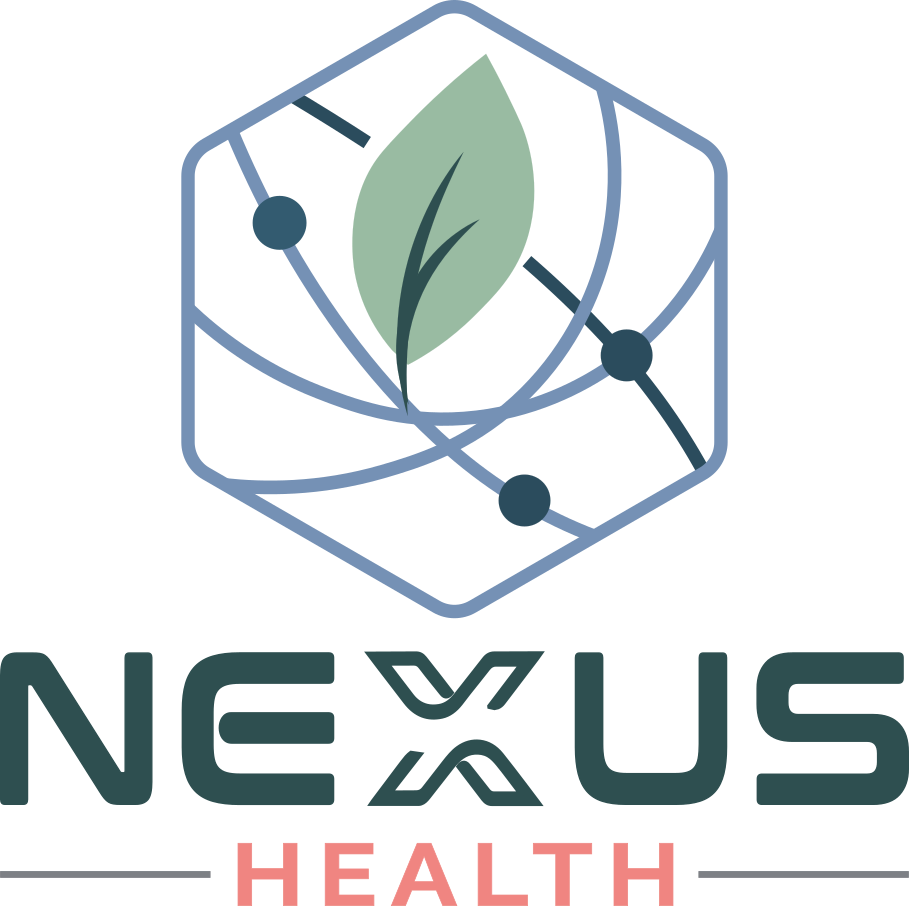Acupuncture
What is Acupuncture?
Acupuncture is a time-tested therapy that originated in China thousands of years ago. It is a key component of Traditional Chinese Medicine that has been developed, researched, and refined over centuries into a sophisticated system for understanding the body's natural balance.
The treatment involves the gentle insertion of extremely fine, sterile, single-use needles into specific points on the body. It is a safe and effective way to treat a wide range of health concerns, from pain relief to managing chronic conditions and enhancing overall wellbeing.
Acupuncture can be used as a stand-alone therapy or combined with other treatments such as Tui Na, cupping, or Gua Sha to enhance therapeutic outcomes.
How Does Acupuncture Work?
Acupuncture works by stimulating the body's own powerful, natural healing abilities. This stimulation helps to restore balance, improve physiological function, and promote a state of health. This process can be understood from both a traditional and a modern scientific perspective.
A Traditional Understanding
Traditional Chinese Medicine is based on the philosophy of Yin and Yang. Yin Yang are two opposing yet complementary forces that govern the universe and the body. Health is seen as a harmonious balance between these forces.
This balance is maintained by the smooth flow of vital energy, known as 'Qi' (pronounced "chee"), through a network of pathways called meridians.
If this flow of Qi becomes blocked or depleted—much like a dam holding back water—it can disrupt the body's equilibrium, leading to pain, illness, or dysfunction. Acupuncture aims to clear these blockages, allowing Qi to flow freely and restoring the balance between Yin and Yang.
A Modern Scientific Perspective
Modern research shows that stimulating acupuncture points has a tangible effect on the body's central nervous system. It triggers the release of neurochemicals, such as endorphins (the body's natural pain-killers) and serotonin, which can positively influence mood and sleep.
Studies have demonstrated that acupuncture can influence multiple systems, including:
· The Nervous System
· The Musculoskeletal System
· The Endocrine & Immune Systems
· The Cardiovascular System
· The Digestive System
What Can I Expect During a Treatment?
Your first visit is an opportunity for us to get to know you and understand your unique health picture.
Initial Consultation: We will begin by discussing your health history and your primary concerns. To gain a complete understanding from a Traditional Chinese Medicine perspective, your practitioner will also observe your tongue's shape and colour, and feel the quality of your pulse at both wrists.
Personalised Treatment Plan: Based on this comprehensive assessment, we will create a treatment plan tailored specifically to you.
The Treatment: You will then lie down comfortably on a treatment table. Your practitioner will gently insert fine, sterile needles into specific acupuncture points. Most people feel either nothing at all or a minimal, fleeting pinch. The needles are typically left in place for 20 to 30 minutes. It is common for patients to feel a deep sense of relaxation during and after the treatment.
How Many Treatments Will I Need?
The number and frequency of treatments will depend on your individual condition. For some acute issues, relief can be felt after just one or two sessions. For more complex or chronic conditions, a series of treatments, perhaps once or twice a week for several weeks, may be recommended to achieve lasting results.
We will discuss a personalised treatment plan, including the expected number of sessions, during your initial visit.
What Conditions Can Acupuncture Help With?
According to “The Acupuncture Evidence Project: A Comparative Literature Review” by John McDonald Stephen published in January 2017, they found evidence for the effectiveness of acupuncture for 117 conditions, with stronger evidence for acupuncture effectiveness for some conditions than others. Acupuncture is considered safe in the hands of a well-trained practitioner and has been found to be cost effective for some conditions. The quality and quantity of research into acupuncture effectiveness is increasing.
The following conditions have case-controlled clinical studies that have shown that acupuncture has been an effective treatment:
-
Asthma
Hypertension
-
Lateral elbow pain
Acute low back pain
Chronic low back pain
Neck pain
Knee osteoarthritis pain
Osteoarthritis
Plantar heel pain
Restless leg syndrome
Sciatica
Shoulder pain
-
Acute stroke
Post-stroke spasticity
Stroke
Stroke rehabilitation
Mental health
Anxiety
Depression
Insomnia
Post-traumatic stress disorder
Pre-treatment anxiety
Schizophrenia
Smoking cessation
-
Back or pelvic pain during pregnancy
Labour pain
Menopausal hot flushes
Perimenopausal and postmenopausal sleep disturbance
-
Constipation
Irritable bowel syndrome
Obesity
-
Ambulatory anaesthesia
Postoperative nausea & vomiting C
Postoperative nausea and vomiting and pain after tonsillectomy
Postoperative pain
Postoperative pain – back surgery
Postoperative pain – knee surgery
-
Cancer-related fatigue
Chemotherapy-induced nausea & vomiting
Recovery after colorectal cancer resection
-
Allergic rhinitis
Dry eye
-
Headache
Migraines
Tension-type headache
How Do I Choose a Qualified Acupuncturist in NZ?
In New Zealand, acupuncture is a regulated health profession under the Health Practitioners Competence Assurance Act 2003 (HPCA Act)..
We recommend you verify that your acupuncturist is registered with the Chinese Medicine Council of New Zealand (CMCNZ).


